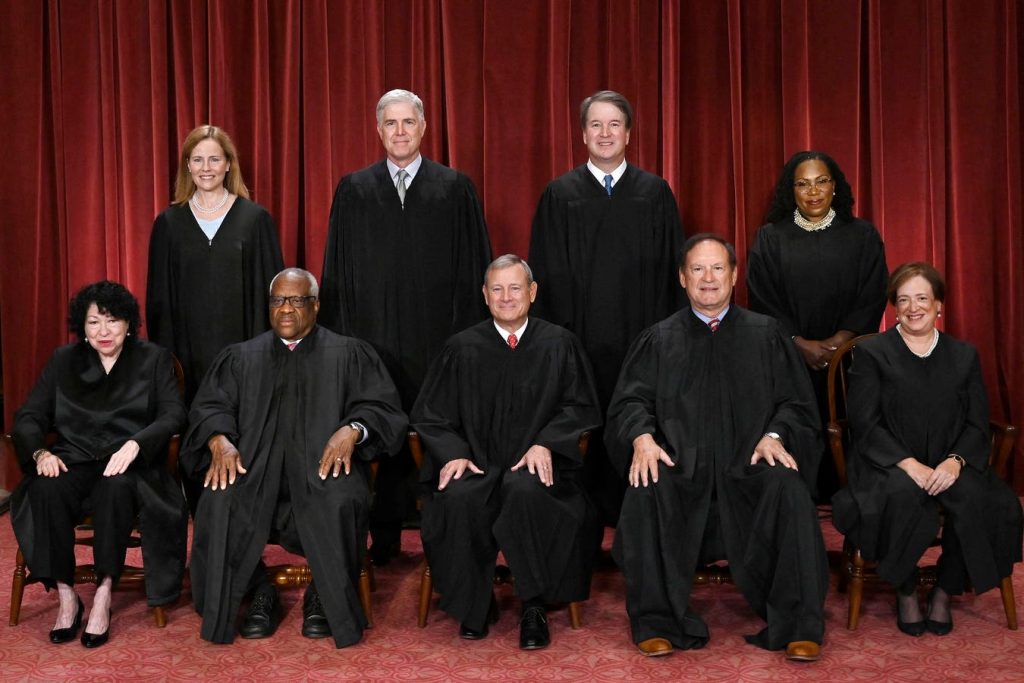The Supreme Court’s recent decisions signal a significant shift in the balance of power between administrative agencies and the judiciary, particularly concerning the interpretation and application of federal statutes. This shift, exemplified by the overruling of the Chevron deference doctrine in Loper Bright Enterprises v. Raimondo, has profound implications for the administrative state, including the realm of tax administration. The Chevron doctrine, established in 1984, directed courts to defer to an agency’s interpretation of an ambiguous statute within its purview. However, the Loper Bright decision reasserts the judiciary’s role as the primary interpreter of law, requiring courts to independently determine the "best meaning" of a statute, even when it involves technical or policy-laden issues. While agency interpretations still warrant respectful consideration, they no longer hold the sway they once did. This represents a departure from Justice Kagan’s dissenting view in Loper Bright, which argued that granting agencies authority to resolve statutory ambiguities is not an abdication of judicial responsibility but a recognition of their expertise and experience. The central disagreement lies in who is ultimately responsible for filling the gaps left by Congressional ambiguity: the agencies or the courts.
The implications of Loper Bright for tax administration are substantial, though the full extent of its impact remains to be seen. Challenges to Treasury regulations are expected to rise, given that courts are now less constrained by agency interpretations. However, several factors may mitigate the anticipated upheaval. Firstly, the decline of Chevron deference predates Loper Bright. The Supreme Court had been increasingly reluctant to apply the doctrine in recent years, and lower courts, while still bound by it, often found ways to prioritize statutory text over agency interpretations. This trend, exemplified by Judge Kethledge’s statute-centric approach, suggests that the shift away from deference was already underway. Secondly, Treasury’s regulatory practices have evolved. Previously exempt from certain administrative law requirements, Treasury is now obligated to provide detailed justifications for its regulations and respond to public comments. This increased rigor has likely led to more robust and defensible regulations, which will be crucial in the post-Loper Bright landscape.
Thirdly, courts are likely to proceed cautiously, particularly in the complex field of tax law. The intricate web of tax regulations and the potential for unintended consequences may make courts hesitant to overturn established agency interpretations, especially when the "best" interpretation of a statute is genuinely unclear. Early cases applying Loper Bright in the tax context, such as Varian Medical Systems and Lissack, offer limited insight into the future trajectory of judicial review. These cases involved relatively clear statutory language, rendering the application of Loper Bright less consequential. The true test will come when courts grapple with regulations stemming from more ambiguous statutes, particularly in areas like transfer pricing and consolidated returns, where complex regulatory schemes are built upon minimal statutory foundation.
Beyond Loper Bright, other Supreme Court decisions are further redefining the relationship between agencies and the courts. Corner Post, Inc. v. Board of Governors of the Federal Reserve System alters the statute of limitations for facial challenges to regulations, potentially opening the door to challenges against long-standing rules. This decision expands the window of opportunity for litigants to contest regulations, adding another layer of complexity to administrative law. Furthermore, Securities and Exchange Commission v. Jarkesy restricts agencies’ enforcement authority by holding that certain administrative penalties violate the Seventh Amendment right to a jury trial. This decision carves out an area where agencies’ adjudicative powers are limited, shifting some enforcement actions to the judicial system.
This term, the Supreme Court’s consideration of Federal Communications Commissioner v. Consumer Research could further reshape the administrative state through the potential revival of the nondelegation doctrine. This doctrine, largely dormant for decades, limits Congress’s ability to delegate legislative power to agencies. A reinvigorated nondelegation doctrine could significantly curtail agency rulemaking authority, requiring Congress to provide more specific guidance in its statutory directives. The confluence of these decisions signals a broader movement towards greater judicial oversight of the administrative state, potentially altering the balance of power between the branches of government.
The combined effect of Loper Bright, Corner Post, Jarkesy, and the potential impact of Consumer Research suggests a significant recalibration of the administrative state. While the long-term consequences remain to be seen, these decisions collectively empower the judiciary, limit agency discretion, and potentially increase Congressional responsibility in crafting legislation. The future of administrative law hinges on how courts apply these new precedents and how agencies adapt to the changing legal landscape. The interplay between judicial review, agency expertise, and Congressional intent will shape the development of regulations and the enforcement of federal statutes in the years to come. This evolving dynamic will require careful navigation by both agencies and the courts as they strive to balance regulatory efficiency with adherence to legal principles. The implications reach far beyond tax administration, impacting various sectors governed by federal agencies. The unfolding legal landscape underscores the importance of clear statutory drafting by Congress and robust justification for agency regulations to withstand heightened judicial scrutiny.










